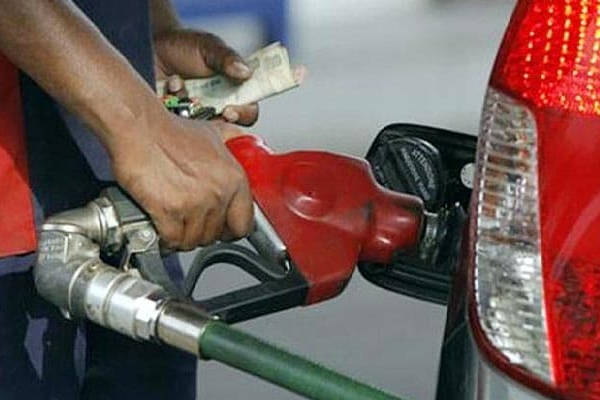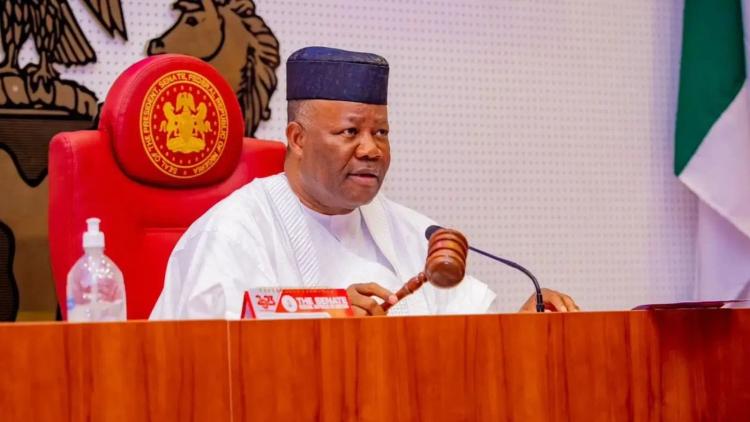As Donald Trump takes the oath of office as the 46th President of the United States of America, the entire global economy is already feeling the heat, especially with the rumble driving upward crude oil prices.
Interestingly, many media reports published the surging crude prices that reflect the local prices of Petrol prices in Nigeria, which witnessed notable increases across major depots, with Premium Motor Spirit (PMS) selling at elevated rates due to regional challenges and supply dynamics. The price adjustments, which vary between Lagos and Calabar, reflect underlying disruptions in the supply chain, including loading challenges and union-related issues.
In Lagos, PMS prices escalated slightly, with the following rates reported as quoted on the website petroleumprice.ng one of the energy research firms, highlights Wosbab: ₦965 (up from ₦935) Rainoil: ₦970 (up from ₦950) Sahara: ₦970 (up from ₦950), NIPCO: ₦980 (up from ₦950) Pinnacle: ₦975 (up from ₦921) Dangote: ₦973 (up from ₦920).
The increase stems partly from depot-level adjustments influenced by directives at the Dangote Refinery, where supply recalibrations have triggered corresponding cost uplifts. Unfortunately. The broader implications of the rising prices signal a growing burden for consumers as transportation and logistics costs are expected to escalate. Stakeholders have called for stabilisation measures, urging improved union negotiations and streamlined refinery operations to mitigate future disruptions. This price shift underscores the pressing need for long-term infrastructure improvements and policy reforms to ensure consistent fuel availability and affordability nationwide. For consumers, the latest hikes highlight the importance of monitoring local price trends as regional disparities persist in Nigeria’s petroleum market.
However, Dangote Refinery Nigeria’s local refiners and globally recognised, recently halted sales amid price reconciliation. This move, according to energy experts, is a significant development within Nigeria’s energy sector. The new gantry price structure is as follows: 2 million – 4.99 million litres: ₦955 per litre (previously ₦899.50). For instance, Dangote Refinery has pegged its production cost for Premium Motor Spirit (PMS) at ₦955 per litre. Nevertheless, the price reconciliation process is reportedly between the Dangote Refinery and bulk marketers to address pricing adjustments before new transactions commence. Meanwhile, regarding the directives, marketers are expected to reconcile their old stock pricing, there was no official price from marketers set at the refinery today.
In reaction to this development, marketers were not issued loading tickets or permitted to load, leading to delaying fuel distribution across the country. Even marketers have expressed concerns about the impact of the increasing costs and regulatory fees, delayed operations, and impact on bulk purchases.
For instance, a marketer purchasing 2 million litres faces an NMDPRA fee of approximately ₦17,990,000, further inflating operational costs. This situation has heightened anxiety among marketers, who now face increased financial burdens and operational uncertainty.
This recent development, just weeks into the new year 2025 suggests a review of the oil and gas industry outlook, as posited by experts, stakeholders and players. For instance, experts have opined that Nigeria would navigate crude oil’s new pricing regime in the year, as complexity in the international oil market challenging environment unfolds. The concerns follow rising production costs and regulatory compliance demands.
Although there are alarms, follow local refiners’ targets, and not operate below profit margin pressures for downstream operators. That is why stakeholders are calling for strategic interventions to stabilise pricing, streamline operations, and mitigate the impact on consumers. A good example is the action of this reconciliation phase at Dangote Refinery underscores the challenges of transitioning to a deregulated fuel pricing system, as industry players balance operational efficiency with consumer affordability.
On the other hand, the federal government through the Minister of Petroleum Resources (Oil), Senator Heineken Lokpobiri, has assured stakeholders in the oil and gas sector of continued collaboration with the Federal Government. On his part, stressed that fuel prices in Nigeria will always be determined by market forces in a deregulated market. The issue of deregulation and price fluctuations, remained a critical opinion, for many Nigerians believe that they should be enjoying the benefits of crude deposit and local refining. The minister, however, explained that in a deregulated market, it is normal for fuel prices to rise or fall based on global crude oil prices. He noted that Nigeria cannot escape this reality, as the cost of fuel worldwide is linked to crude oil prices”.
However, in reaction to the minister’s statement, stakeholders in the industry also reacted, with the Chairman of the Major Energy Marketers Association of Nigeria (MEMAN), Huub Stockman, saying that crude oil prices impact petrol costs, and other factors also play a role. For him, a rise in crude oil prices does not always lead to an immediate increase in petrol prices. On his part, Alhaji Abubakar Maigandi, President of the Independent Petroleum Marketers Association of Nigeria (IPMAN), said his members have been lifting products directly from Dangote Refinery and the Nigerian National Petroleum Company Limited (NNPCL). This has allowed them to sell fuel at lower prices, maintaining a uniform price of ₦935 per litre.
In reality, all these price increases reflect what has been happening in global crude oil prices in the last two weeks. For instance, Brent crude has enjoyed over $82 and the same with the OPEC basket at $81 pbd, as well as WTI selling at $79.
For us, there is no gain in saying that all the rumble and crude price fluctuations do not impact local PMS prices at the various outlets across the country.
The price increase is expected to have widespread effects on the downstream petroleum sector, particularly private depots and retail markets. Analysts predict a sharp rise in petrol prices at filling stations, driven by higher supply costs. Market watchers have expressed concerns that this price hike may lead to greater precision pricing in the market, potentially intensifying inflationary pressures. While stakeholders adjust to the new realities, the downstream sector is expected to face challenges in balancing supply costs with consumer affordability.
Our modest recommendation is to build consensus on policies to improve the oil and gas industry. While, the Federal government and all stakeholders, ensure that the deregulation policies, guarantee fuel availability, maintain quality, and prevent consumers from being cheated at fuel pumps.
Adefolarin A. Olamilekan,
Political Economist and Host of the Market Report Show
ADBN Television
08073814436





